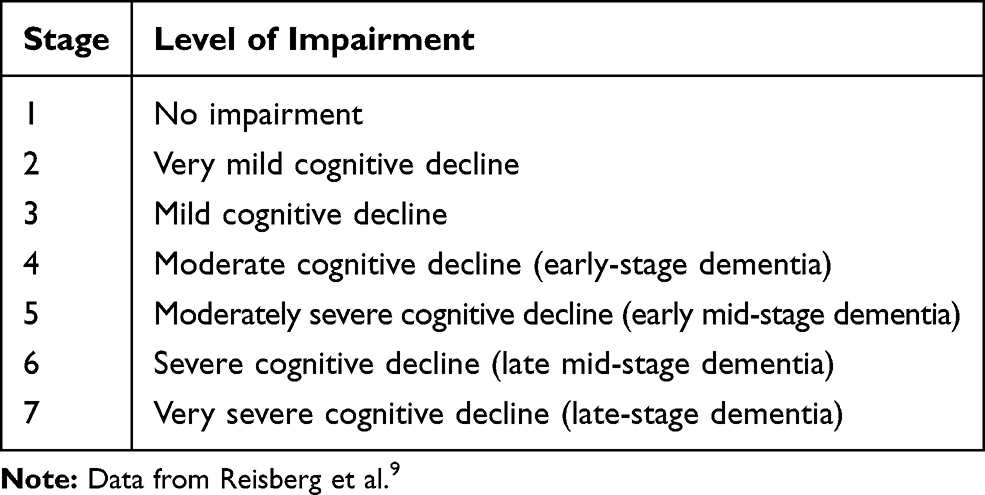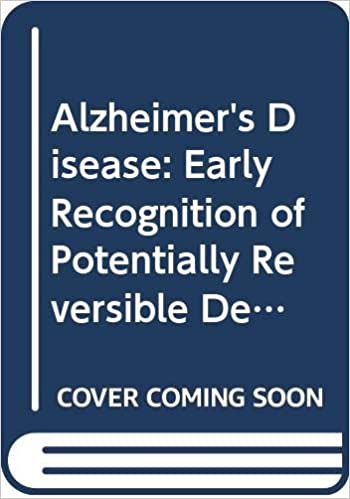
The most common early signs of Alzheimer’s include memory problems, poor vision and speech problems, and personality changes. In more extreme cases, symptoms can also be associated with depression and aggressive behavior, but it is important to note that Alzheimer’s is a progressive disease. Early signs shouldn’t stop people from making a correct diagnosis.
Early signs of Alzheimer’s may include: personality changes, such as changes in speech patterns or inability to follow directions, and changes in communication, including difficulties with language or even vision. Other early symptoms of Alzheimer’s disease can include problems with hand-eye coordination, forgetfulness, and decreased understanding. If Alzheimer’s is inherited from one or both parents, it is likely that at least one of the children will develop Alzheimer’s at some point in childhood and early adulthood. However, if both parents had Alzheimer’s disease, both children are more likely to develop the disease.
Although Alzheimer’s is often viewed as a "dementia-type" disease, it is not degenerative in nature. This can be fatal and cause problems in daily life. Early diagnosis can help deal with these problems. People with early stages of Alzheimer’s have been able to lead productive lives despite their illness.
Early Alzheimer’s is often difficult to detect. Since Alzheimer’s is considered a progressive disease, it is not immediately obvious that a person has problems with memory and thinking. Over time, symptoms such as depression, agitation and anger may appear. Unfortunately, some of the early symptoms of Alzheimer’s are mistaken for normal aging or personality problems.
Early Alzheimer’s can be frustrating because of the self-doubt that patients experience. They may begin to believe that they need to work much harder than other people in order to get things done right. This can lead to feelings of shame and low self-esteem. Even if these feelings do not become a serious problem, they can cause a loss of interest in daily activities, social interaction, and other activities that were previously enjoyable. They may even feel lonely and isolated, especially when they no longer have access to their loved ones.
The earlier Alzheimer’s disease is detected, the easier it is for a person to cope with the consequences of the disease. People with Alzheimer’s often find it difficult to communicate with others, but that doesn’t necessarily mean they have to keep their distance. It is important to have regular checkups so that family members and friends are aware of any changes in behavior and physical health.

Early recognition of Alzheimer’s symptoms and early screening for diagnosis can improve a person’s quality of life. While this is a long road, it is important to start on the road to recovery so that the person can lead a normal life. Treatment may vary depending on the family, age, and medical history of the patient. Your doctor may recommend medications to improve mood and cognitive function. Sometimes the patient even manages to take part in home care with the help of loved ones.
It is necessary to conduct a thorough medical examination to identify other causes of Alzheimer’s and possibly genetic factors. Often a family history can be found and used to determine if a disease has passed from one generation to the next. Family doctors can also help identify specific areas affected by Alzheimer’s.
While there is no cure for Alzheimer’s, there are many treatments that can help control the disease’s progression. Patients should be aware that many Alzheimer’s medications have side effects, including memory loss, dizziness, and headaches. Since the disease can progress, the only way to prevent its progress is to follow the correct diet, exercise, rest, and avoid stress.
Alzheimer’s patients may lose interest in things like body care, hobbies, and family because they don’t have the mental or cognitive impairments needed to do so. However, these are things the patient can do even if they cannot remember something. Some patients may also stay at work and work for several years after they reach the age of 70.
Although it is a serious condition, Alzheimer’s can be treated with the same diligence and determination as other serious diseases. Caregivers can ensure regular social interaction with family members and make sure they are good hygienic and take care of their health in general. Caring for a family is key to keeping them alive and can help them lead a normal life after they start dying.